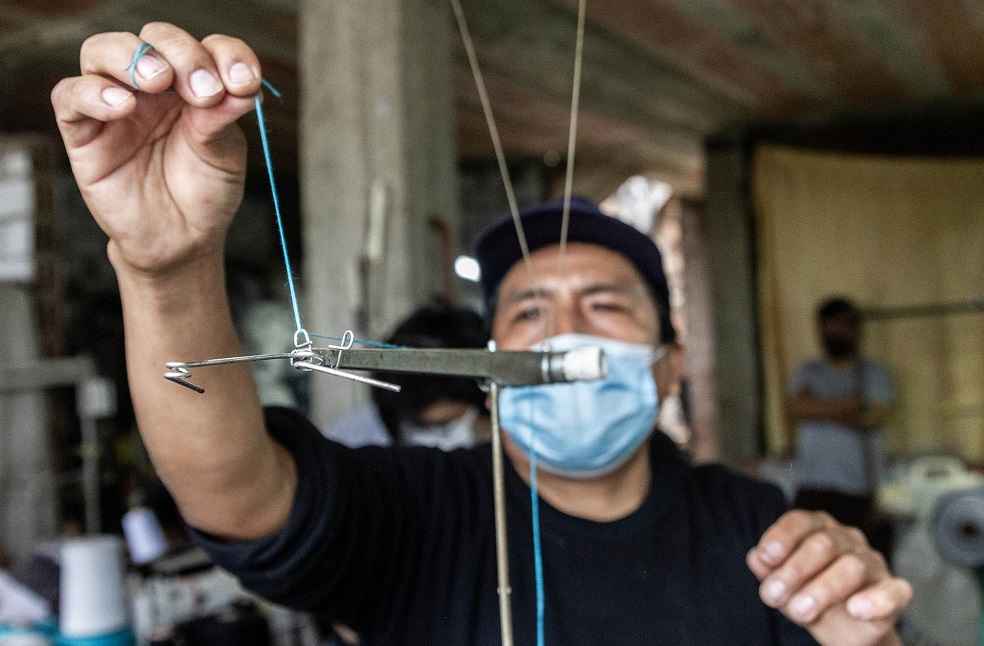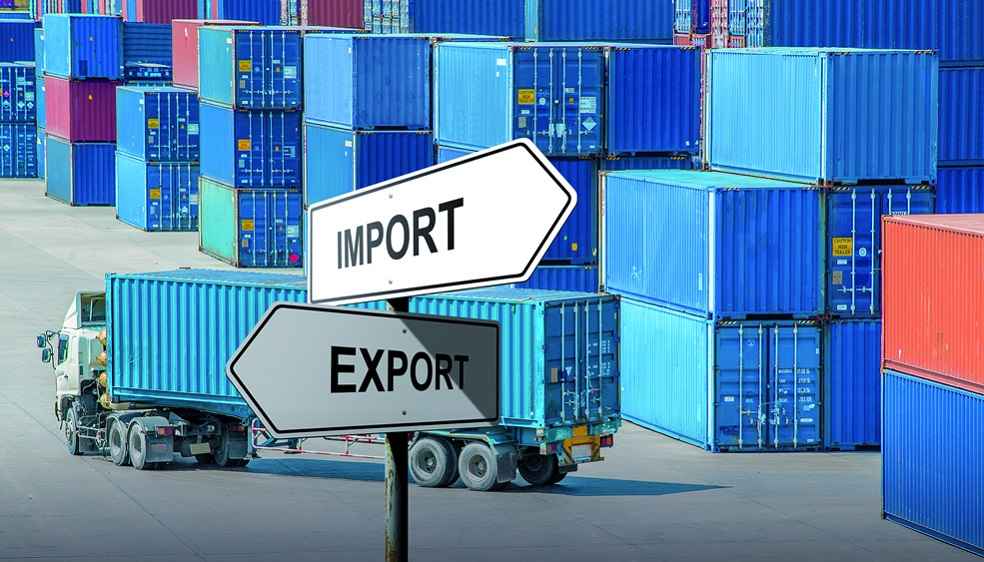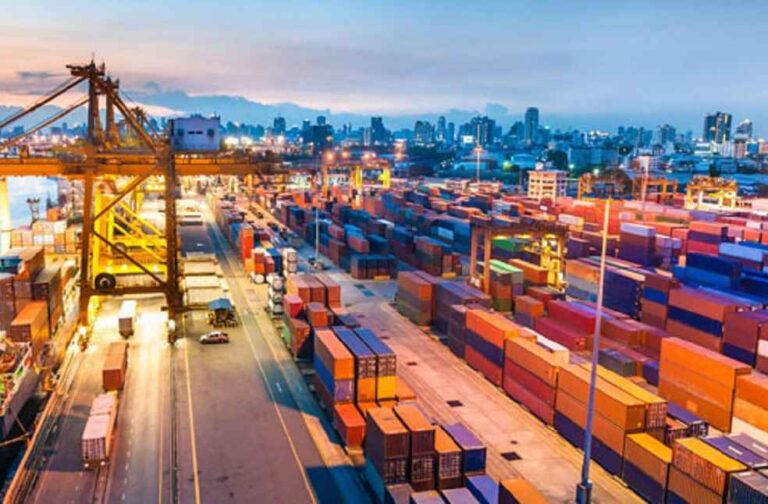Mongolia will export 367 categories of goods to the member states of the Eurasian Economic Union (EAEU)—Russia, Kazakhstan, Belarus, Armenia, and Kyrgyzstan—duty-free to expand its trade footprint. The duty-free list includes 29 types of meat and meat products, 60 leather items, 204 wool and cashmere products, and 73 other agricultural goods. This exemption is expected to save Mongolian exporters approximately $16.6 million annually in customs duties.
First Deputy Prime Minister and Minister of Economy and Development Gantumur Luvsannyam stated that through deeper cooperation with the EAEU, Mongolia could significantly increase its meat exports and potentially generate revenues of up to $500 million. Although Mongolia currently exports meat to the region, it does not yet export sheep and goat meat. Gantumur highlighted that such trade could be expanded year-round through diplomatic negotiations and agreements. Additionally, he noted the opportunity to establish Mongolian brands in cashmere and knitted goods and earn another $500 million from the Eurasian market.

A study by the Policy Research Laboratory of the National University of Mongolia assessed the potential impact of a broader free trade agreement with the EAEU. The analysis revealed that 375 types of goods currently contribute minimally to Mongolia’s total exports and could decline further without strategic action. The study also emphasized that imports from EAEU countries, particularly in industrial goods, could surpass domestic production and export levels, potentially affecting Mongolia’s trade balance.
In 2024, Mongolia exported goods worth $110.1 million to EAEU countries, while imports reached $2.9 billion. If trade liberalization continues, exports are expected to rise by 3.8% and imports by 4.7%. Analysts caution that increased imports, especially in the industrial sector, may hinder Mongolia’s efforts to revitalize domestic manufacturing, underscoring the need for strategic safeguards and competitiveness measures.

Professor Nyamdaa Otgonsaikhan of the National University of Mongolia’s Department of Marketing and Trade stressed the importance of meeting rules of origin and compliance standards to fully benefit from tariff exemptions. Citing past challenges with export agreements, such as the failure of Mongolian carpets to meet Japan’s origin requirements, he urged local producers to prepare rigorously. “If we do not meet the rules of origin and other requirements, preferential tariffs are useless,” he warned.
TRADE TECH | India Gains Edge as US Tariffs Hit Asian Electronics



